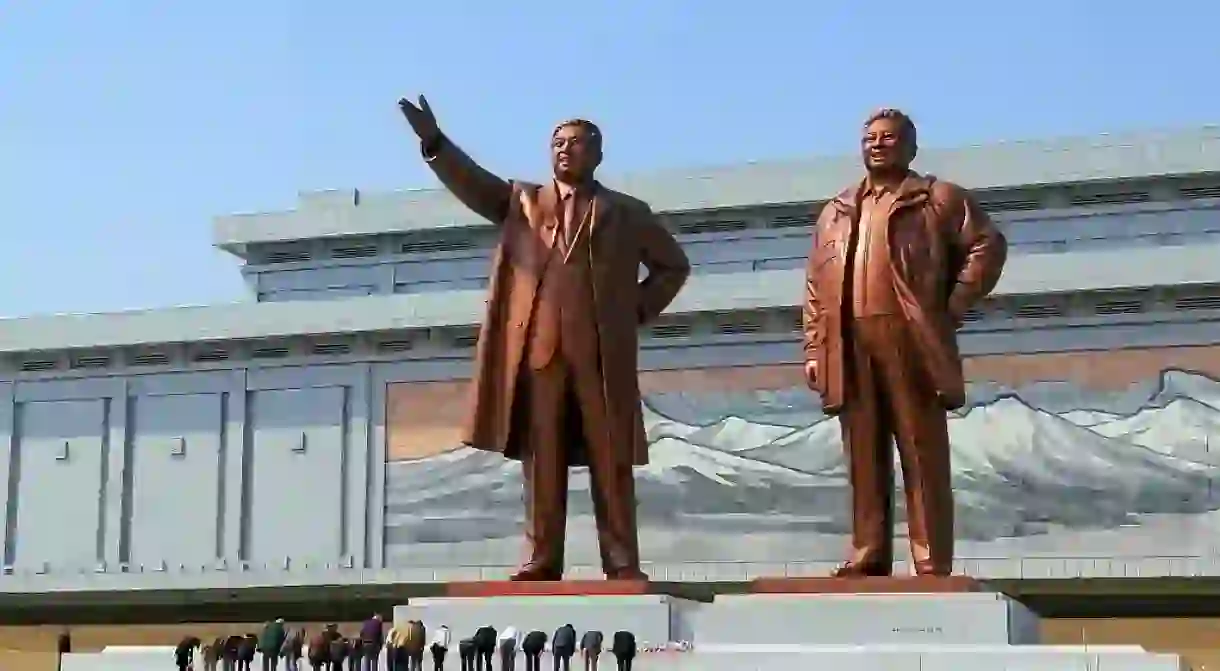Why Does North Korea Keep Changing its Time Zone?

On May 5, North Korea moved its clocks 30 minutes forward to match South Korea’s time zone. According to the North’s state media, the change was implemented as part of a conciliatory gesture, and a first practical step for national reconciliation with South Korea. Here’s more on why North Korea decided to change its time zone.
Asserting national identity
The two nations have had different time zones since 2015, when the North promptly changed its standard time to 30 minutes behind the South, which still used the time zone that was used across the peninsula before it was colonized by Japan in 1910. The North’s reason was cited to be a nationalistic one, marking the seventieth anniversary of its liberation from Tokyo that occurred following the end of World War II.

The implementation of “Pyongyang time” drew criticism from former South Korean President Park Geun-hye, who believed that the move further widened the disparity between the two counties. The disparity began with a division that was sealed by the Korean War (1950-1953), which ended with a truce instead of a peace treaty.
Making up for lost time
During the inter-Korean summit in April with South Korean President Moon Jae-in, North Korean leader Kim Jong Un said he would change the time zone back to promote unity with its southern neighbor.
The historic meeting – only the third of its kind to be held between the two nations – took place at the border truce village of Panmunjom, during which Kim set foot on the southern side of the border for the first time and the two leaders pledged to work towards denuclearization and peace.

According to Moon’s spokesperson, Yoon Young-chan, Kim said he found it “heartbreaking” to see two clocks at the summit venue displaying different times for the bordering countries. “Since we were the ones who made the change from the standard time, we will go back to the original time,” Yoon quoted Kim.
In the zone
North Korea is not the only country to have used a time zone to assert its national identity. Mainland Spain, for example, has been in the same time zone as central Europe since 1942, when Francisco Franco’s fascist government adopted it to be in line with Nazi Germany, despite the country’s geographic location at the far west side of Europe.

India and China have both enacted single time zones to foster unity across their sizeable territories. People in China’s westernmost provinces follow Beijing time in spite of the sun rising two hours later than in the capital city.
Similarly, in 2011, Samoa changed its time zone to match the other side of the international dateline, losing one day, in an effort to make communication easier with nearby Australia and New Zealand. In 2007, former Venezuelan President Hugo Chavez turned back the country’s clocks by half an hour to “distribute the sunrise” to citizens.













